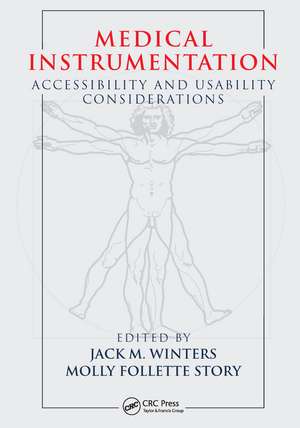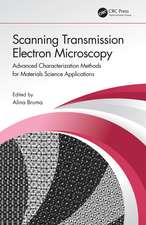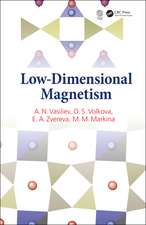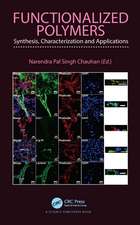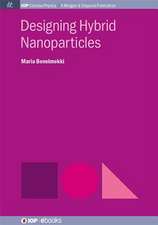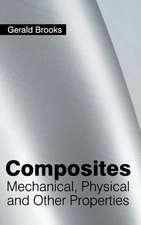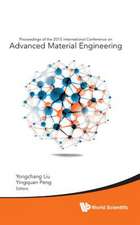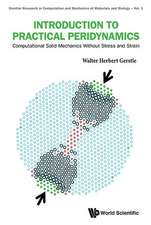Medical Instrumentation: Accessibility and Usability Considerations
Editat de Jack M. Winters, Molly Follette Storyen Limba Engleză Paperback – 9 dec 2019
Integrating expert perspectives from a wide array of disciplines, Medical Instrumentation traces a clear roadmap for improving accessibility and usability for a variety of stakeholders and provides the tools necessary to follow it.
Preț: 505.79 lei
Preț vechi: 595.04 lei
-15% Nou
Puncte Express: 759
Preț estimativ în valută:
96.79€ • 101.39$ • 80.21£
96.79€ • 101.39$ • 80.21£
Carte tipărită la comandă
Livrare economică 09-23 aprilie
Preluare comenzi: 021 569.72.76
Specificații
ISBN-13: 9780367453404
ISBN-10: 0367453401
Pagini: 474
Ilustrații: 100
Dimensiuni: 178 x 254 x 30 mm
Greutate: 0.86 kg
Ediția:1
Editura: CRC Press
Colecția CRC Press
ISBN-10: 0367453401
Pagini: 474
Ilustrații: 100
Dimensiuni: 178 x 254 x 30 mm
Greutate: 0.86 kg
Ediția:1
Editura: CRC Press
Colecția CRC Press
Public țintă
Academic, Professional, and Professional Practice & DevelopmentCuprins
Background: The Problem, Existing Infrastructure, and Possible Solutions. Tools for Usability and Accessibility Analysis. Considerations in Design Guideline Development. Considerations in Emerging Trends and Technologies. Outputs of the Workshop: Key Knowledge Gaps, Barriers, Recommendations. Appendices. Glossary of Terms.
Notă biografică
Jack M. Winters, Ph.D., is professor of biomedical engineering and John P. Raynor Distinguished Chair at Marquette University and director of the RERC on Accessible Medical Instrumentation. Since receiving a Ph.D. in bioengineering from the University of California, Berkeley and San Francisco, he has been a biomedical engineering faculty member for 20 years, twice serving as department chair. His areas of research include movement biomechanics, neurorehabilitation, telerehabilitation, and accessible medical instrumentation. Molly Follette Story, M.S., is president of Human Spectrum Design, L.L.C. and codirector of the RERC on Accessible Medical Instrumentation. From 1994 to 2004, she was coordinator of research at the Center for Universal Design at North Carolina State University and twice served as its interim executive director. She is also a Ph.D. student in ergonomics at University of California–Berkeley.
Descriere
This forward-looking resource focuses on how usability and accessibility pose problems for designers and users, and how to overcome these limitations. Divided into five broad sections, it begins by addressing the nature and extent of the problem by identifying access barriers, human factors, and policy issues focused on the existing infrastructure. The subsequent sections explore tools for usability and accessibility analysis, considerations for design guidelines, and emerging trends and future technologies. The final section presents the results of the recent Workshop on Accessible Interfaces for Medical Instrumentation that outlines key challenges, knowledge gaps, and recommendations.
